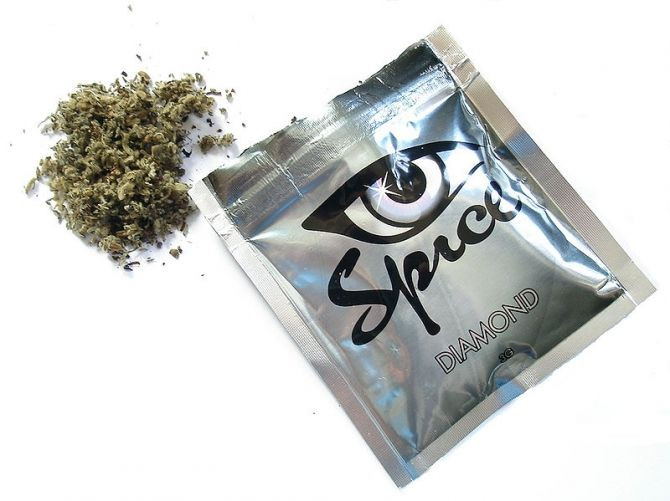12 Auburn Football Players Test Positive For Synthetic Marijuana

In the developing controversy surrounding the Auburn University football team a series of 12 failed drug tests from synthetic marijuana use have gone unreported by the school's athletic department, ESPN announced.
ESPN launched a six-month investigation covering the flow of synthetic cannabis into college sports that revealed a dozen members of Auburn football team failed drug screenings including star running-back Michael Dyer.
Auburn's Director of Athletics Jay Jacobs issued a statement regarding the incident saying that, "Since our drug testing policy was amended to include synthetic marijuana as a banned substance, there have been three positive tests for the drug out of more than 2,500 drug tests administered. Those three individuals are no longer on Auburn Athletics rosters."
This development is part of a long line of accusations aimed at the team's former head coach Gene Chizik that include three players on the team charged with armed robbery.
Jacobs added, "I hope the facts clear up any misconceptions about drug use among our student-athletes. It is important for you to know that Auburn Athletics conducts approximately 1,500 drug tests each academic year. Less than one percent of our student-athletes test positive for illegal substances."
Synthetic marijuana products, also known as "Spice" or "K2," are designer drugs with the same chemical ingredients as incense which has been known to offer a similar effect to THC, the active ingredient in cannabis.
Increased K2 and Spice use among teenagers has become a cause for concern following reports of numerous health and medical issues. Abuse of these products has been linked to nausea, birth defects, heart disease and most recently experts have added kidney failure to this growing list.
To try and control this rising trend among America's youth the US Drug Enforcement Administration, DEA, added 26 synthetic drugs, including K2 and Spice to the Schedule I of the Controlled Substances Act last June.
Published by Medicaldaily.com



























